
Bisexuality myths persist
Claims from pop star Jessie J’s unauthorised biographer recently set the internet alight with renewed discussion about the meaning and disagreement over the meaning of bisexual identity.
Chloe Govan claimed that because Jessie hasn’t dated any boys since the age of 17 (she is now 24), this was evidence that she was really a lesbian. She also stated that Jessie’s record label pressured her into making the claim of bisexuality because it was “trendy, exotic and a fashion statement”.
Jessie has since contradicted the claims on Twitter, but the controversy will ring true for many people who identify as bisexual.
The old myths about bisexuality (it doesn’t exist, it’s a transitional stage, they’re just being ‘greedy’) are increasingly being debunked in the academic literature, but they persist in society.
While the stigma of same-sex attraction is sometimes all too clear, what is most surprising is that biphobic views frequently come from other same-sex attracted people. At the 2011 Pride March in St Kilda, bisexual marchers reported that negative comments were made towards them, and biphobia continues to negatively impact on the lives of bisexual men and women.
The denial of Jessie J’s bisexuality is a perfect example of what many bisexual people experience. ‘You can’t be bi — you haven’t been with a man for x number of years’.
Why does bisexuality need to be continually proved? For some gays and lesbians, it is a label they may have used in the coming-out process, and they still view it as a transitional stage.
However, for bisexuals who genuinely feel an attraction to both sexes, the denial of their sexual preference is as offensive as saying homosexuality doesn’t exist to gays and lesbians.
Other offensive views are that bisexuals are more likely to be promiscuous and cheat than monosexuals, when the data indicates there is no difference. Monogamy and bisexuality are not mutually exclusive.
Bisexuals, just like monosexuals, can be attracted to people outside their relationship, without acting upon that attraction. The label ‘bisexual’ just denotes attraction to both sexes.
The effect of stigmatisation even within their own community is clear; bisexuals often report higher levels of mental illness and distress than lesbians and gays, especially where they are not strongly connected to other forms of social support. Bisexuals can also feel more excluded from services and groups that are specifically LGBTI-oriented, even though ostensibly they are to be included.
The Victorian AIDS Council/Gay Men’s Health Centre caters for bisexual men in the peer-based services offered from the Health Promotion program, while the Counselling Service, Clinic and Positive Living Centre all cater for the entire LGBTI spectrum.
By LAURA PRENDERGAST
INFO: www.vicaids.asn.au/support-services or call 03 9865 6700




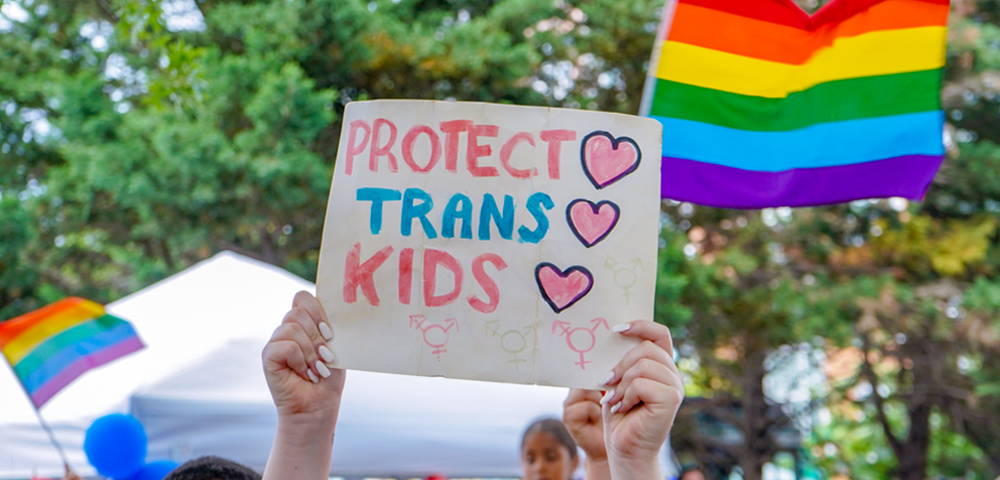

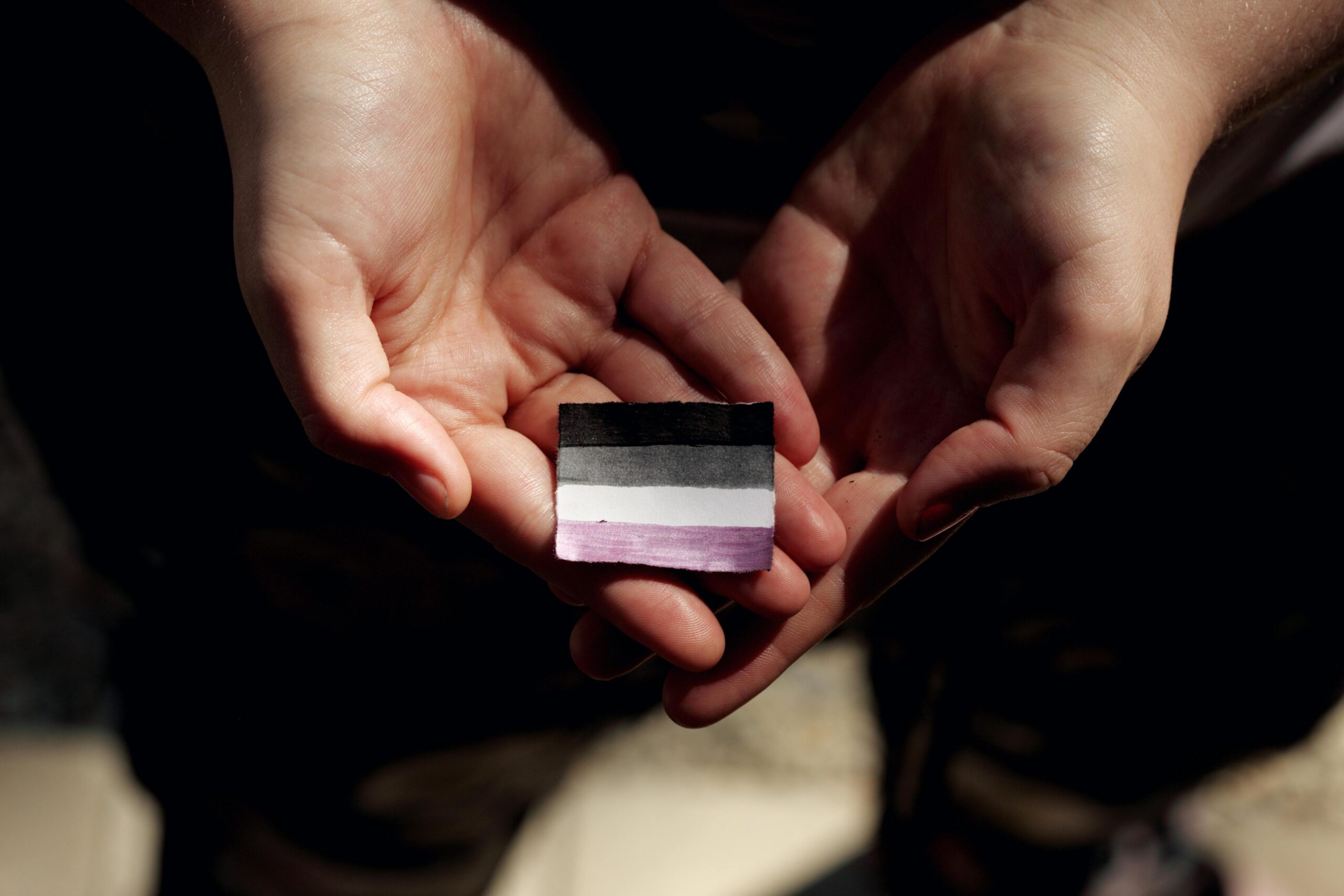
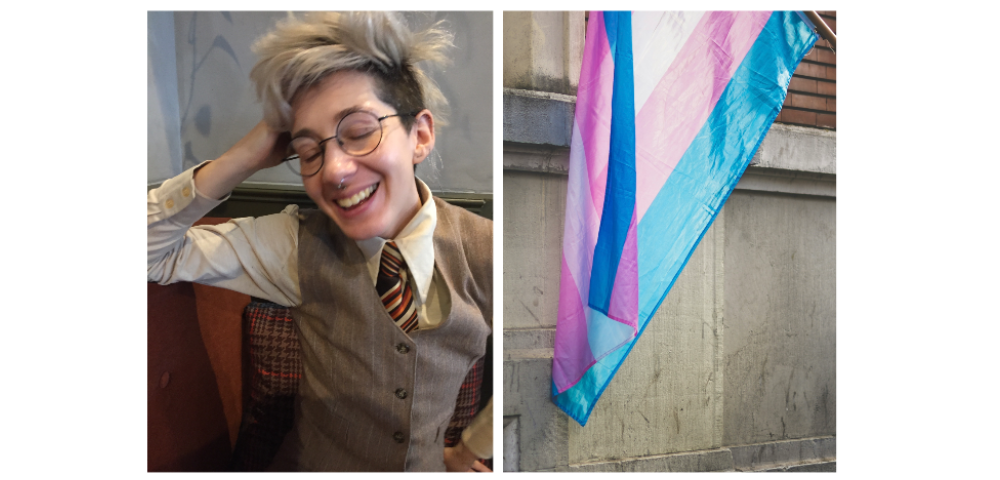
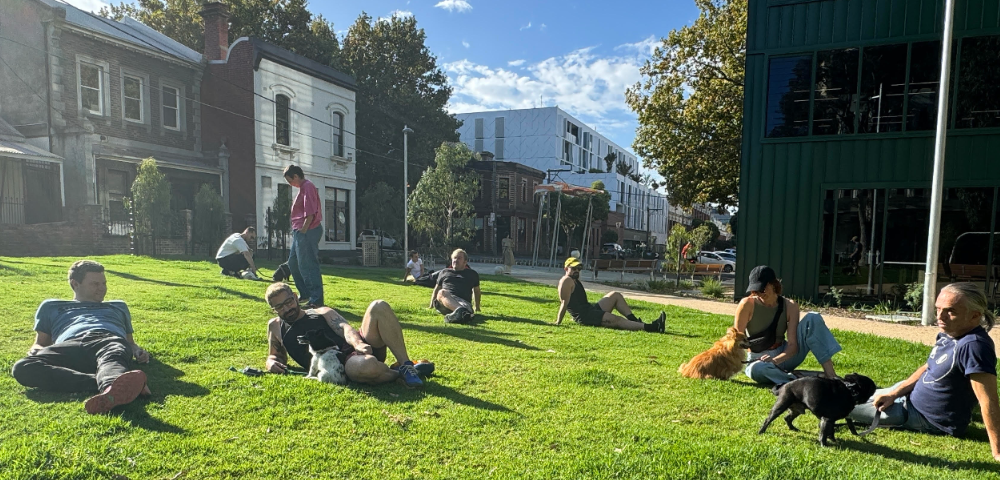
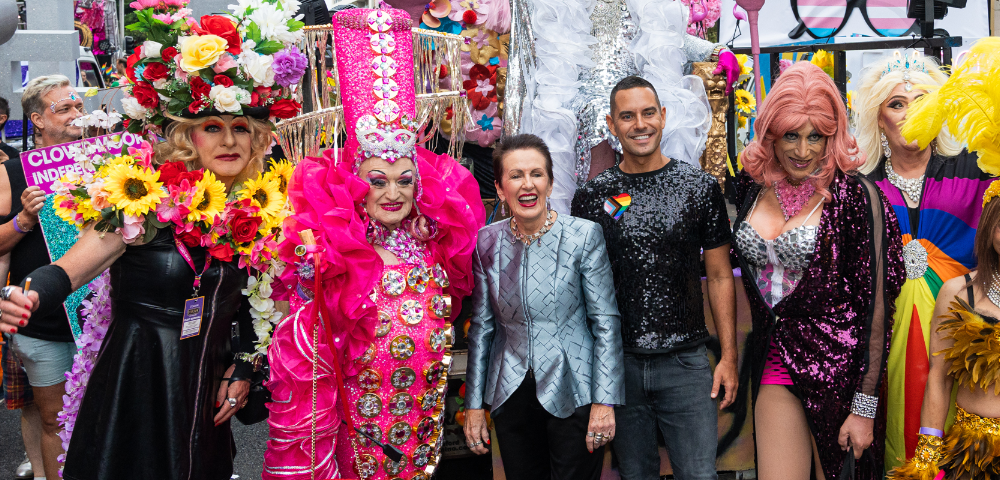
I really don’t get monosexual people. How can you *not* be bisexual when there’s all these gorgeous, sexy people in the world? Shakira’s booty and Jason Moma’s thews, seriously – can I just be stuck in the middle? I’d look like the lardy white cream filling in a typical sandwich cookie, but I’m kind of ok with being mocked if I’m being gloriously smothered to death between those two.
I have a hard time believing monosexual people who claim they’d never, ever, ever nibble on the ears of their non-preferred partner when I see some of those hotties our gloriously varied human genes have produced.
now ‘scuse me, but that image up above was just too hot. I’ll… be in my bunk.
The discrimination against bisexual identity is very evident in both the community and with the ranks of the services in NSW!!!….
Lets get rid of all these labels, it is the 21st century for goodness sake!
Thanks for the article Laura, some important points raised. I did wonder though why only Vic Aids support services were listed and what message this might give regarding bisexual men?
There are other services that can also support people who identify as bisexual or are perhaps questioning. Two exmaples that immediately come to mind are
G & L switchboard (despite their name, offer support to GLBTI)
http://www.switchboard.org.au/
Bisexual Alliance Victoria http://www.bi-alliance.org
The latter organisation (of which I am a committee member) was the one to draw attention to biphobia at Pride, which you cite in above.
Thanks again.
I’m the author of the Jessie J book and I completely agree with you Laura, which is why I think you may have misunderstood what I was trying to say. The fact that bisexuality exists (for me, at least) was never something to contest.
I’ve never said that Jessie was gay simply because she hadn’t dated men in several years, but that she herself privately identified as gay but was asked to keep it under wraps and play the bisexual card instead.
This would avoid alienating homophobic people (the 475,000 people here in the UK who recently signed a petition against our government legalising gay marriage proves that there are many out there and that homophobia really COULD have had a harmful impact on Jessie’s career).
In contrast, bisexuality is less threatening to these types as they might assume it’s a “phase” rather than a real lifestyle choice. It’d also keep male fans’ fantasies alive that they could have a threesome with her one day, as improbable as that clearly is.
The fact is that all around the supoosedly liberal western world, there IS a lot of stigma attached to alternative sexuality and with that type of attitude out there, it’d be an injustice NOT to talk about it.
My aim wasn’t to out Jessie, as she was already open about liking women anyway, but to out the mentality of anyone who would ask to pretend to be something she wasn’t.
I can certainly appreciate why it would be annoying to constantly battle the views of ignorant people who deny bisexuality (or have stereotypes that you can’t like women unless you have a skinhead and tattoos and ‘look’ gay, which is another one I’ve heard)- it shouldn’t be an issue, but for so many people it is.
I think we bi people just have to be a bit queer about biphobia. If you hassle me because of my sexuality, I will tell you to “fuck off” with gusto.